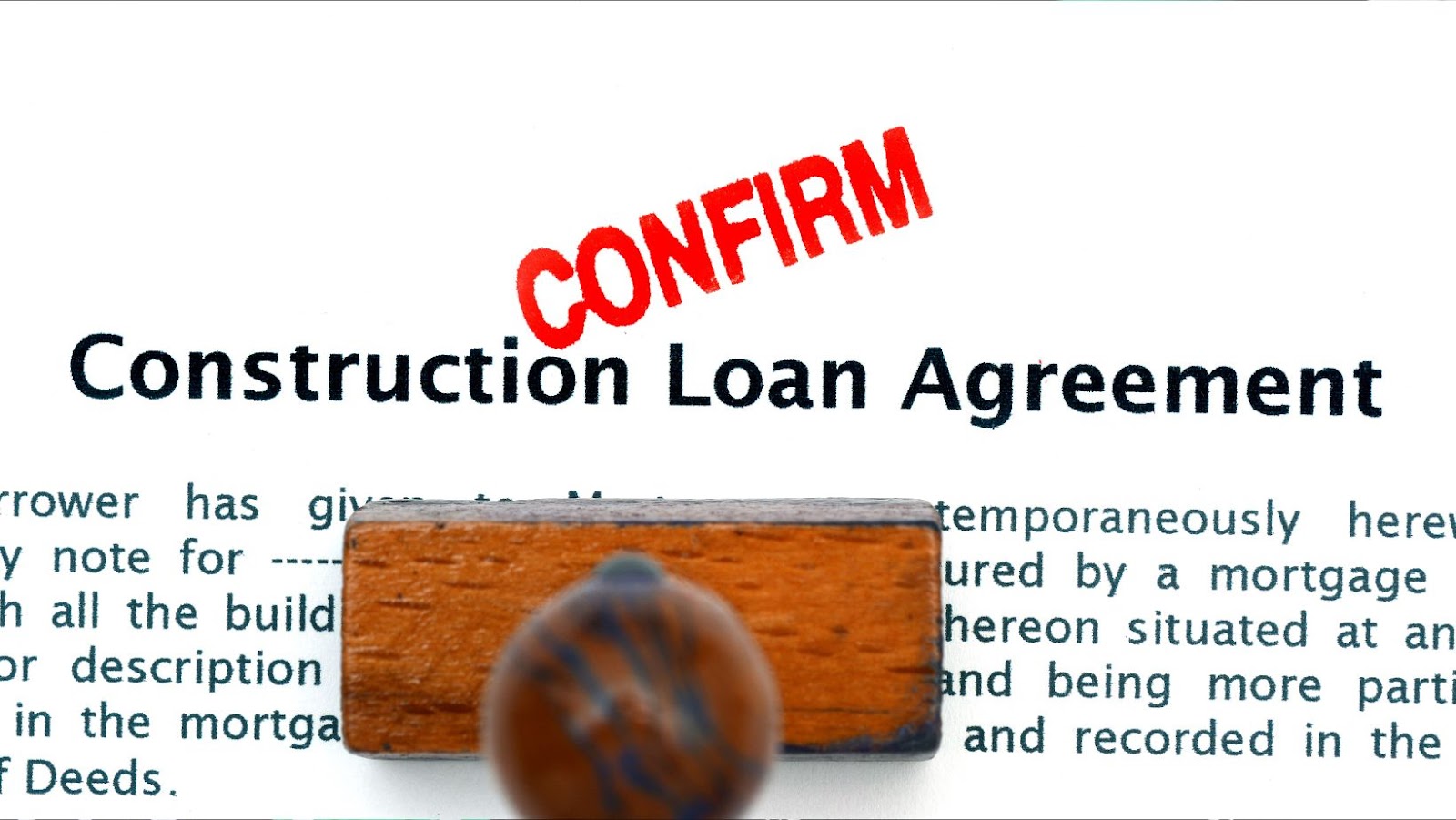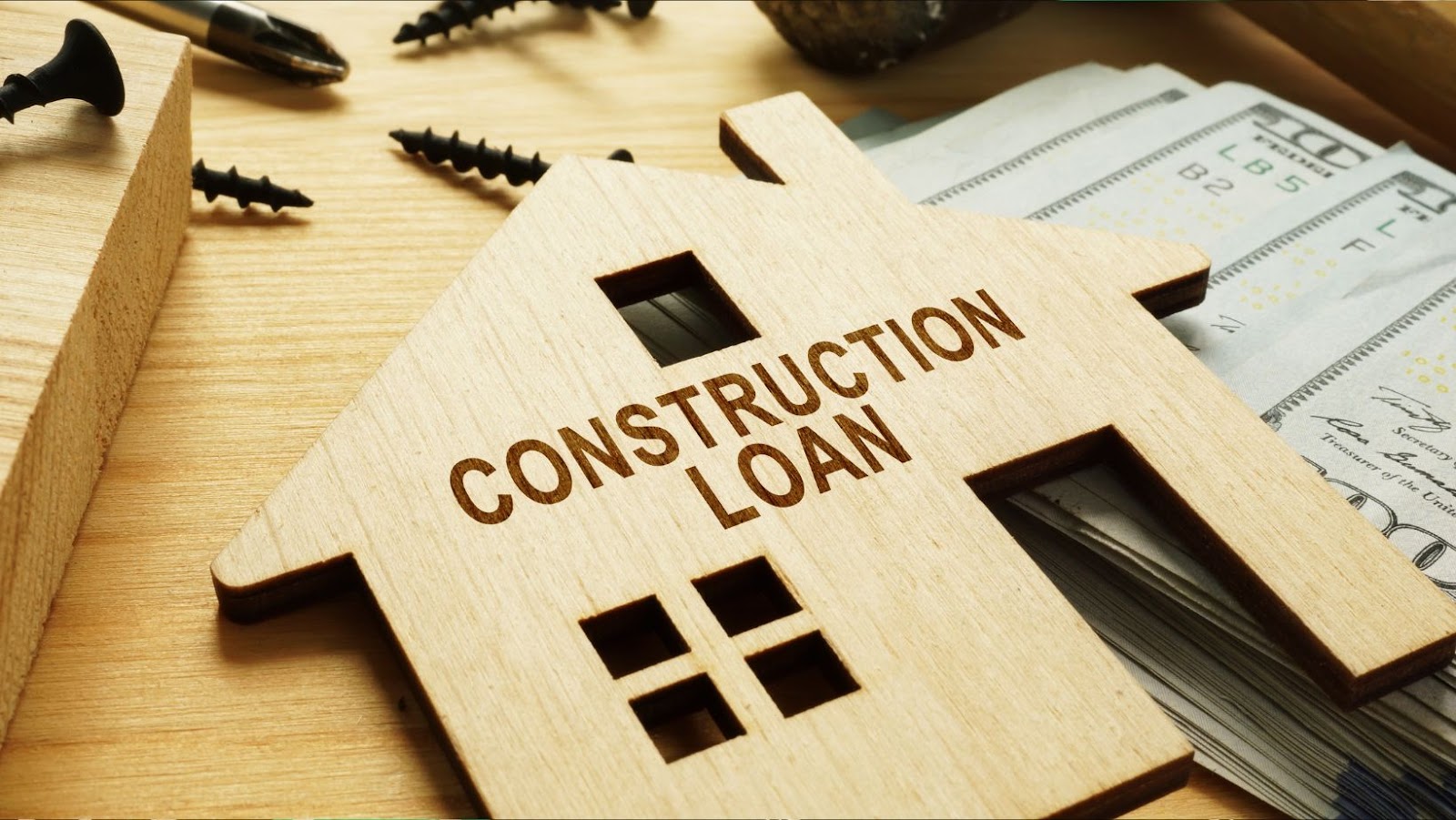 Mastering Construction Business Loans: Types, Application, and Success Strategies
Mastering Construction Business Loans: Types, Application, and Success Strategies
Business Construction Loan
Business construction loans are essential financial tools for companies looking to expand or renovate their commercial spaces. Understanding these loans is crucial for making informed decisions that support a company’s growth strategy effectively. Securing business construction loans involves considering various key factors to ensure that the financing aligns with the goals of the construction project and contributes to the overall success of the business.
A business construction bank loan is a type of financing specifically designed to fund the construction, renovation, or expansion of commercial properties. These loans typically have terms tailored to the needs of construction projects, offering flexibility in repayment schedules and disbursement to accommodate the unique requirements of the building process. Companies can use these loans to cover costs such as materials, labor, permits, and other expenses related to the construction or improvement of business facilities.
There are several types of business construction loans available to companies depending on their specific needs and financial circumstances. Some common types include:
- Construction-to-Permanent Loans: These loans cover both the construction phase and the long-term mortgage once the project is completed.
- SBA 504 Loans: Offered by the Small Business Administration, these loans provide funding for real estate and equipment purchases as well as construction or renovation.
- Commercial Real Estate Loans: Specifically designed for real estate projects, these loans can be used for constructing new buildings, renovating existing properties, or purchasing land for development.
- Hard Money Loans: Typically used for short-term projects or when conventional financing is unavailable, these loans have higher interest rates but offer quicker approval processes.
- Renovation Loans: Tailored for businesses looking to renovate or improve existing commercial properties, these loans can cover renovation costs and upgrades to enhance the property’s value.
Understanding the different types of business construction loans can help companies choose the most suitable option based on their project requirements, financial situation, and long-term objectives. Each type of loan has its own features and benefits, allowing businesses to secure the necessary funding to support their construction projects effectively.
 How to Apply for a Business Construction Loan
How to Apply for a Business Construction Loan
To apply for a business construction loan, businesses need to follow a structured approach and ensure they have all the necessary documentation in place. Here’s a guide on how to navigate through the loan application process successfully.
When preparing a loan application for a business construction loan, it’s essential to provide detailed information about the project. Businesses should outline the purpose of the loan, the scope of the construction project, the timeline for completion, and the expected outcomes. Clear and comprehensive documentation will help lenders assess the viability of the project and make a more informed decision.
To streamline the loan application process, businesses will need to gather various key documents. These may include but are not limited to:
- Business Plan: Detailing the company’s objectives, financial projections, and construction project details.
- Construction Plans and Specifications: Outlining the scope of work, materials to be used, and estimated costs.
- Financial Statements: Providing information on the company’s financial standing, including balance sheets, income statements, and cash flow projections.
- Tax Returns: Demonstrating the company’s tax history and financial stability.
- Legal Documents: Such as business licenses, permits, and contracts related to the construction project.
Having these documents organized and readily available will expedite the loan application process and increase the chances of securing financing for the business construction project.
 Evaluating the Costs and Benefits
Evaluating the Costs and Benefits
When seeking a business construction loan, it’s crucial to carefully evaluate the projected costs and benefits to make informed decisions throughout the loan application process.
To accurately estimate your project costs, it’s essential to break down expenses into categories such as materials, labor, permits, equipment, and any additional fees. By creating a detailed budget outlining all aspects of the construction project, businesses can better understand their financial needs and secure the appropriate loan amount.
Businesses should assess loan terms and interest rates offered by various lenders to find the most favorable options. Comparing factors such as repayment terms, interest rates, fees, and flexibility can help businesses select a loan that aligns with their financial goals and repayment capabilities. Conducting thorough research and seeking multiple quotes can empower businesses to make well-informed decisions when choosing a business construction loan.